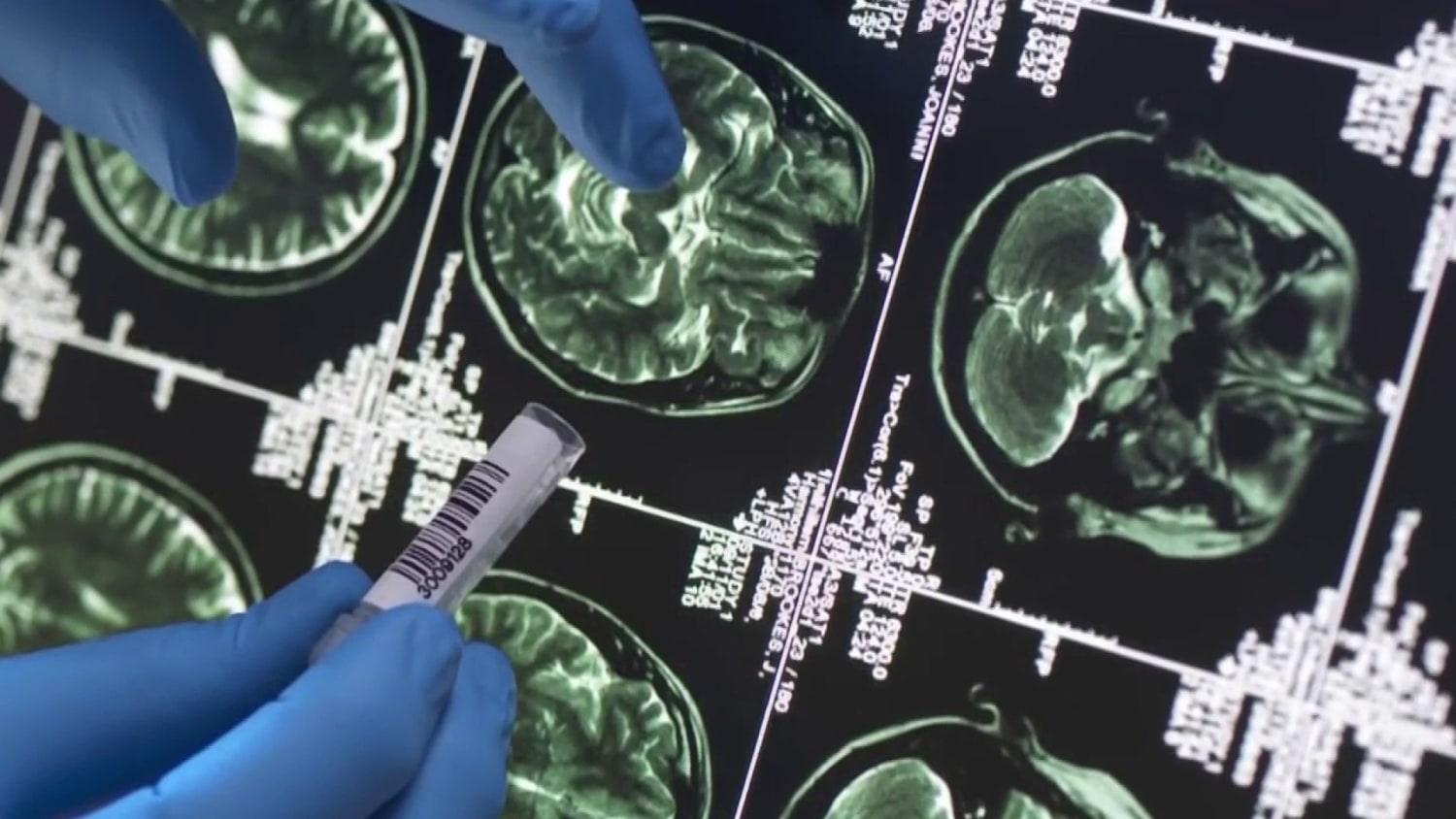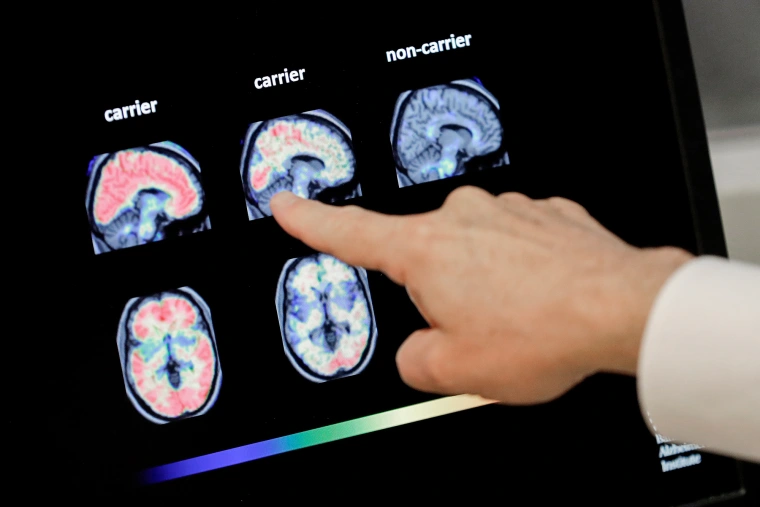Alzheimer blood test Helps Detect Early Dementia In Recent Cases
Breakthrough in Alzheimer’s Detection: Alzheimer blood test Helps Detect Early Dementia In Recent Cases
Introduction
A recent study has revealed a groundbreaking development in the early detection of Alzheimer’s disease. Researchers have developed a blood test that can diagnose Alzheimer’s with remarkable accuracy, offering new hope for early intervention and treatment.
High Accuracy in Detection
The blood test has demonstrated an impressive 91% accuracy in diagnosing Alzheimer’s disease. This is a significant improvement over traditional methods, which often rely on cognitive tests and brain scans that can be both time-consuming and expensive.
How It Works
The test works by measuring levels of specific proteins in the blood that are associated with Alzheimer’s. These proteins, such as beta-amyloid and tau, are biomarkers that indicate the presence of the disease. By detecting these proteins early, the test can identify Alzheimer’s before significant symptoms appear.
Benefits of Early Detection
Early detection of Alzheimer’s is crucial for several reasons:
- Timely Treatment: Early diagnosis allows for earlier intervention with treatments that can slow the progression of the disease.
- Improved Quality of Life: Patients can make lifestyle changes and plan for the future while they are still in the early stages of the disease.
- Reduced Healthcare Costs: Early detection can lead to more efficient use of healthcare resources and potentially lower costs associated with late-stage care.

Conclusion
This new blood test represents a significant advancement in the fight against Alzheimer’s disease. With its high accuracy and potential for early detection, it offers hope for millions of people worldwide who are at risk of developing this debilitating condition.


